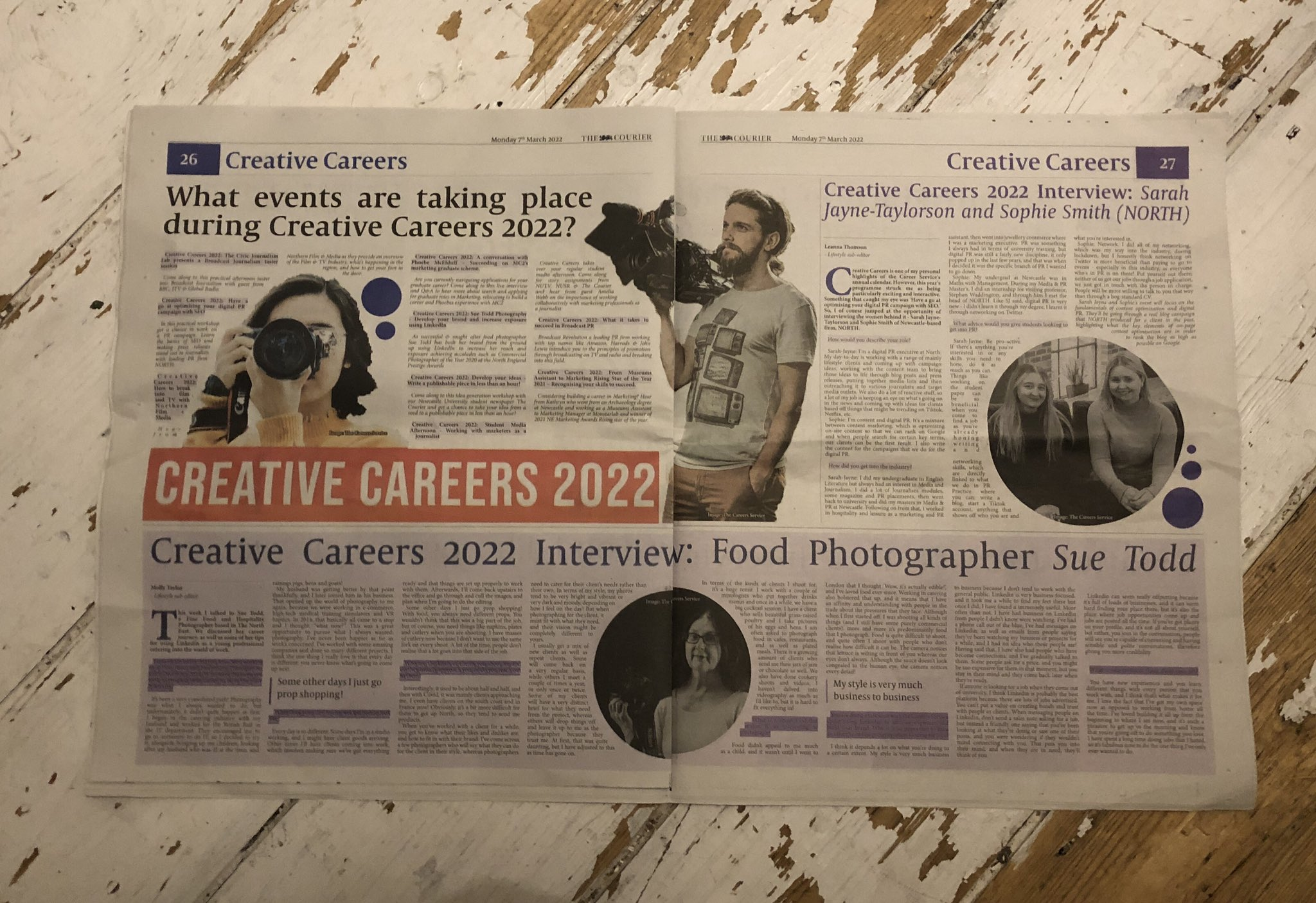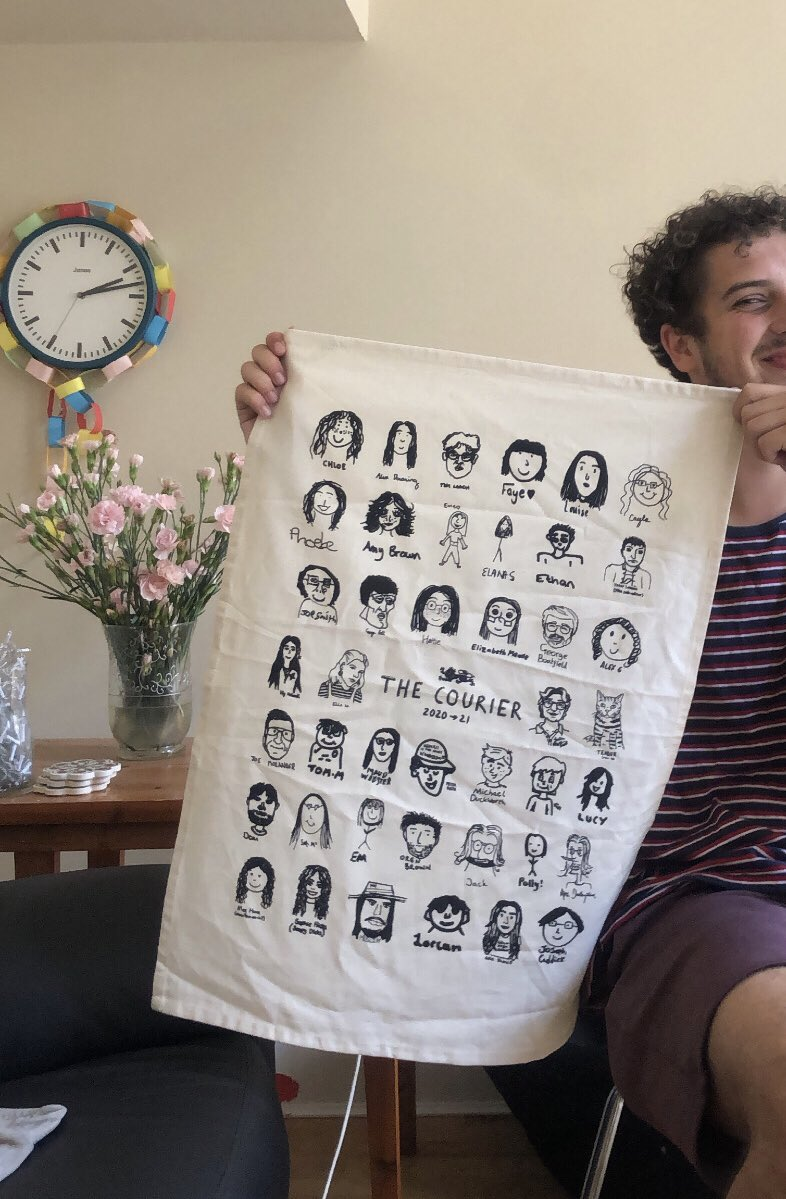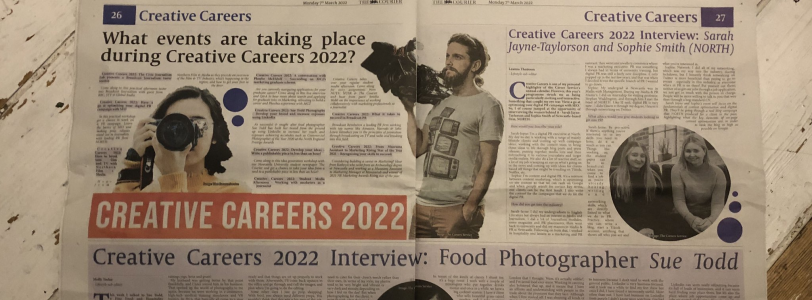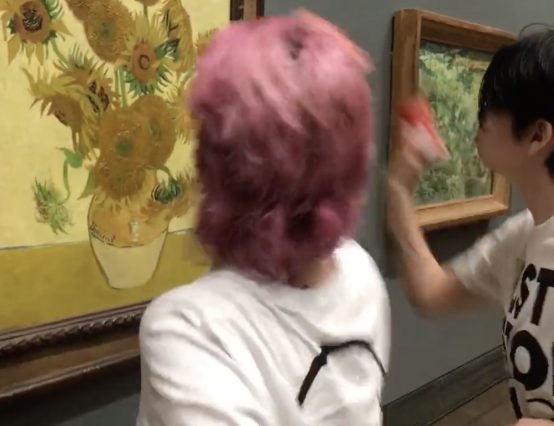A similarity between most UK universities is that they’ll likely offer you the chance to get involved with student media - through a newspaper or magazine, radio or TV. For any student looking to pursue a career in media, wanting to develop their creative communication skills, or simply looking to participate in a rewarding pastime, I cannot recommend student media, especially journalism, enough.
The skills
So many teachers, academics, and careers advisors will express the importance of transferable skills, CV-boosting activities, etc, etc. However, they have a solid point. You’ll get editorial feedback on your work and the pressure to work to deadlines and organise your writing time effectively. I’ve also had the opportunity, as you will on the editorial team of any print student magazine or newspaper, to learn software skills to layup pages and edit graphics. These can be invaluable technical skills to boast about when applying for jobs and internships. But it’s also a chance to holistically oversee the editorial process - from article inception to polished print.
Furthermore, with student media, you’re building up a portfolio of your writing work. I’ve come out of three years of writing for my student paper, The Courier, with around 100 articles to my profile. Beyond the chance to develop my writing and often graphic skills, this is a platform to which I can share the link to in job applications to say, “See, I can actually write”. Having a portfolio is crucial when applying for media or writing-related roles, and student journalism is the ideal opportunity to start developing one.
 Credit: Maud Webster
Credit: Maud Webster
The people
All kinds of people from different degrees, interests, and backgrounds join in with student journalism. Though you may assume it would just be populated with media and journalism students, most papers and magazines have students studying science, humanities, tech, medicine, and social sciences - bringing many different viewpoints on the content produced. And like other societies and organisations within the uni structure, student newspapers and magazines will often run team socials where you get the chance to meet other writers and editors and feel more involved in the publication structure. I’m lucky to have made lifelong friends through the experiences I’ve been afforded by participating in student media.
The fun
It’s not your degree, so committing a certain amount of time to student journalism is unnecessary. Often, you can dip in and out of writing week to week and whilst you can choose to dedicate yourself to a more time-consuming role if you like, it’s really up to you to decide how much you want to participate. Ultimately, if you like writing and find it really rewarding and enjoyable, then student journalism will offer you plenty of fun as well as great opportunities.
I remember the first time I saw an article of mine in my uni’s print paper - I felt proud and excited to see my work looking all professional on the page. Whilst this feeling has dwindled a little over the past three years, I still get a little thrill whenever I see a piece of mine in print.
 Credit: Maud Webster
Credit: Maud Webster
If writing is your jam, student journalism is the ideal place to dabble in different styles of review, opinion, news and so on, and have fun working out which you love and suit most. You can also learn about stuff going on at your campus or in your uni town/city that you’d have no idea about otherwise - most student media papers or magazines will have a location and student-specific focus. I’ve had the chance to review and see local arts events, and become aware of festivals and campaigns going on that I wouldn’t have known about otherwise.
So, why not?
With most uni student media having a no-strings-attached approach to participation, at least initially, why not have a go at writing for your uni’s mag or paper? And if your uni doesn’t offer these things and you’re really keen on it, you could even consider starting a branch of your own.









0 Comments